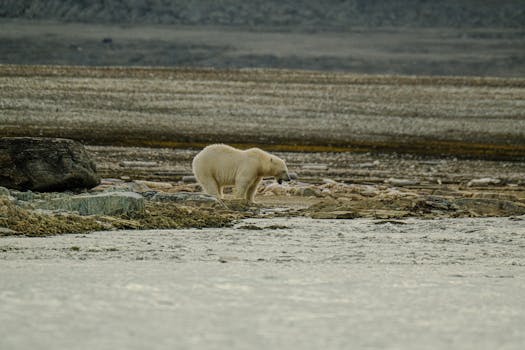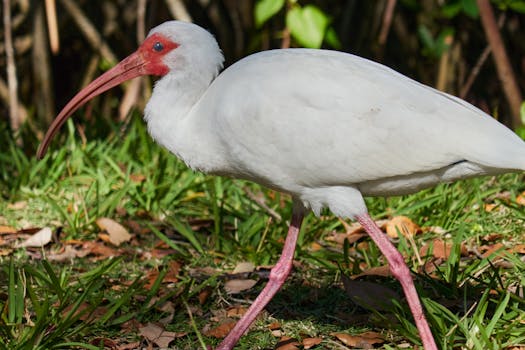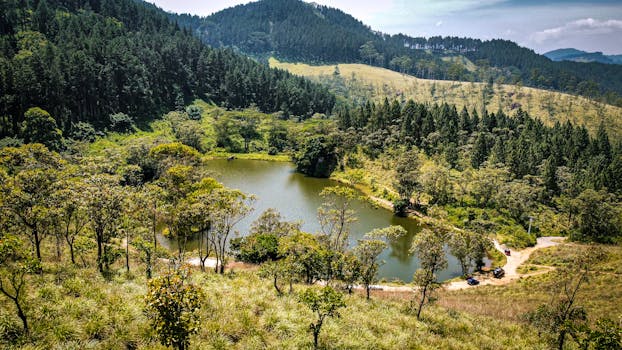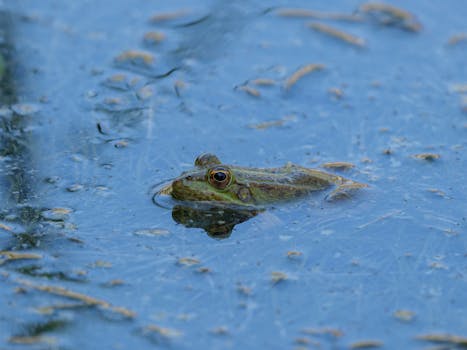
Introduction

Climate change stands as one of the foremost challenges of our time, severely affecting global ecosystems. The gradual warming of our planet has profound implications for biodiversity, habitat integrity, and ecosystem services. In this article, we delve into the multifaceted impacts of climate change on ecosystems around the world.
Dramatic Alterations in Habitat

One notable outcome of climate change is the alteration of habitats. As temperatures rise and weather patterns become more erratic, many ecosystems face disruptions. Forests, wetlands, and coral reefs are particularly vulnerable. For example, coral reefs, which provide shelter for countless marine species, face bleaching events driven by rising ocean temperatures. Such changes not only threaten these habitats but also imperil the myriad species that rely on them for survival.
Shifts in Species Distribution

As habitats change, species are forced to adapt, migrate, or face extinction. Many terrestrial and marine species are already relocating towards cooler regions, higher altitudes, or polar locations in response to changing climate conditions. This shift disrupts existing ecosystems and can lead to increased competition among species for resources. Furthermore, these migrations can result in invasive species overtaking native populations, leading to further biodiversity loss.
Impacts on Ecosystem Services

Ecosystems provide essential services that humans rely on, including clean water, pollination of crops, and carbon sequestration. As ecosystems are stressed due to climate change, these services can be compromised. For instance, declining bee populations linked to changing climates have raised concerns about crop yields reliant on pollination. Similarly, the degradation of wetlands from rising seas impacts natural water filtration and flood control, demonstrating the critical connection between ecosystem health and human well-being.
Conclusion

Climate change presents significant challenges for global ecosystems, adversely impacting biodiversity, habitat integrity, and critical ecological services. As nations endeavor to navigate the ramifications of climate change, it is vital to acknowledge that the health of our planet’s ecosystems is intertwined with the prosperity and well-being of humankind. Mitigating climate change impacts through proactive measures such as conservation, restoration, and sustainable practices is key to fostering resilient ecosystems that can endure the pressures of a warming world.





